The Supreme Court on Friday engaged the Centre to set up a committee to study how temples of architectural and cultural importance across the nation are being managed, particularly in the interest of devotees and utilisation of offerings/donations.
Finally, it took the Supreme Court to restore the sanctity of the Puri Jagannath temple as a receptacle of people’s faith, make it accessible to devotees and free them from the oppressive hold of servitors, who thought it their divine right to intervene in rituals, offerings, prasad and even day-to-day running of affairs. The apex court has also ordered a committee to study the manner in which other shrine boards at peeths were run and coopt their best practices as a manual for running the centuries-old temple. What though is pitiable is that the court had to intervene despite the temple administration being a largely secular affair with representatives of the state government on the board and the Puri gajapati being a nominal head. But over the years, the BJD has hardly applied its mind on rescuing the crowning glory of Odisha, letting it slide into the hands of exploitative servitors, who it nursed as a constituency. They may be the descendants of the original keepers but have been waylaid by political imperatives and patronage and taken to autocratic and self-serving means of running operations. Considering that it is one of the richest shrines and has a hold of the cultural consciousness, the Puri temple has over the years emerged as a power centre, inspiring awe and fear among common devotees rather than respect. But the State Government allowed this mindset to fester. Neither did it invite neutral culture icons on the board.
A run-through of the last few headlines has only been about controversies, the latest being about an ASI team visiting the sanctum sanctorum for repairs and finding that the keys to the temple treasure trove have been missing for years. The Puri king and servitors have denied knowledge of the key or its possession though the chief priest has maintained that it automatically does not imply loot as the seal on the lock remains unbroken. But it definitely raised questions and doubts about the safekeeping of something that was bestowed on the temple for benefitting devotees rather than being used as collateral for running a temple economy. There have been further episodes of reversing rituals at whim, denying prasad, arbitrary usage of offerings and arrogance and misbehaviour by servitors. The incident where a young girl was viciously manhandled for holding on to the rope of the chariot of Lord Jagannath during rath yatra even drew censure from the Puri Shankaracharya himself. Besides, the upkeep of the temple itself left much to be desired, with devotees complaining of slippery grime and extortion for availing prasad or darshan. In all this, the beautiful essence of the Puri temple as a concept, as a beacon of Jagannath culture, and its civilisational context as a gana dharma (mass religion) have been lost. Lord Jagannath was never about royal patronage though the royals adopted the folk nirguna form of the tribals. He emerged out of common men and as a lord of the universe embraced all tenets of Hinduism, Jainism Buddhism, Vaishnavism to embody a mass living philosophy. That is why all temple rituals are in the form of processions and spectacles to enable the participation of the devout; they have been historically inclusive rather than exclusive, plebeian rather than elitist. The apex court reminded us of this ethos.
However, the ruling, though specific to the Hindu shrine, should be understood in its wider implications. Rigidity of clergy and intermediaries, mandated by heredity and tradition, is costing the devout in other faith shrines across the country and consigning them to the status of subjects rather than stakeholders. And the gatekeepers of faith, by virtue of their psychological clout ordained by the office they hold, have become heavily politicised too. It’s time for ritual cleansing and some real community service.
Writer: Pioneer
Courtesy: The Pioneer







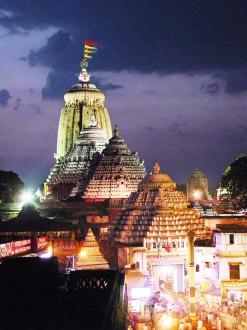
 OpinionExpress.In
OpinionExpress.In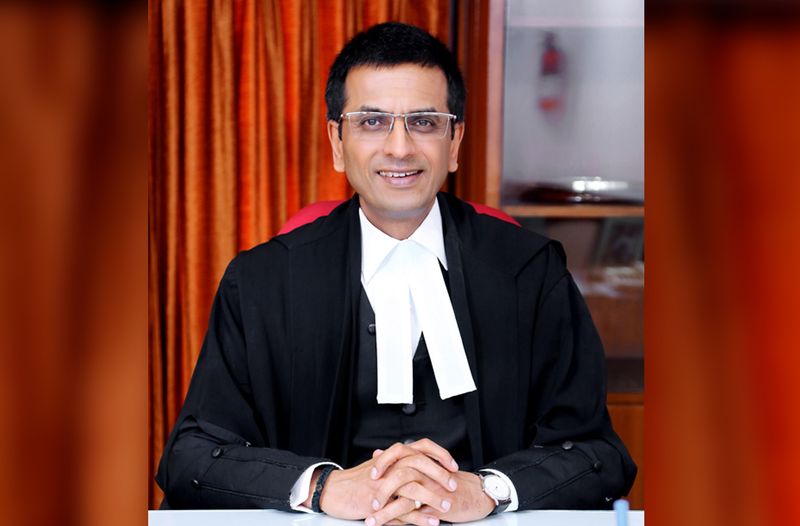
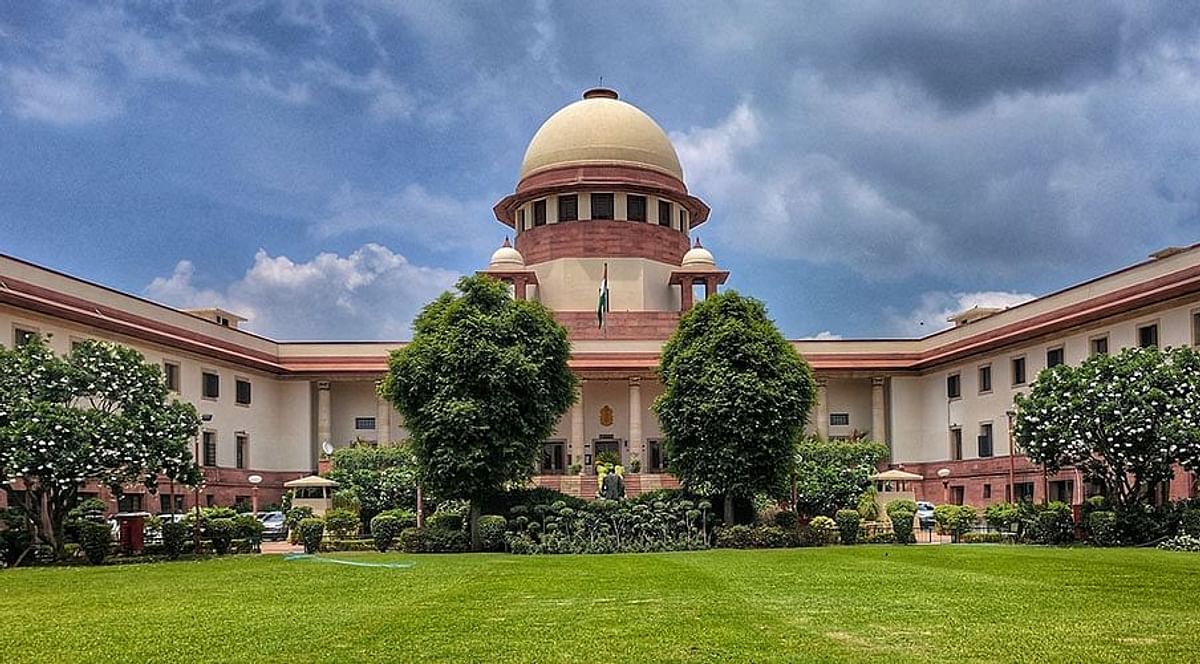
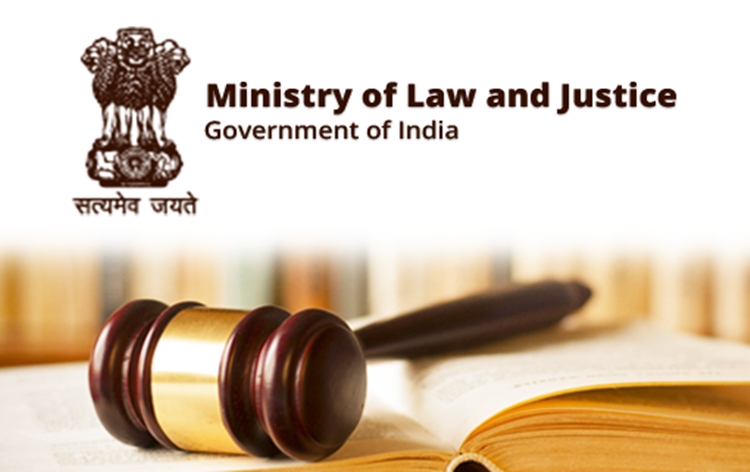
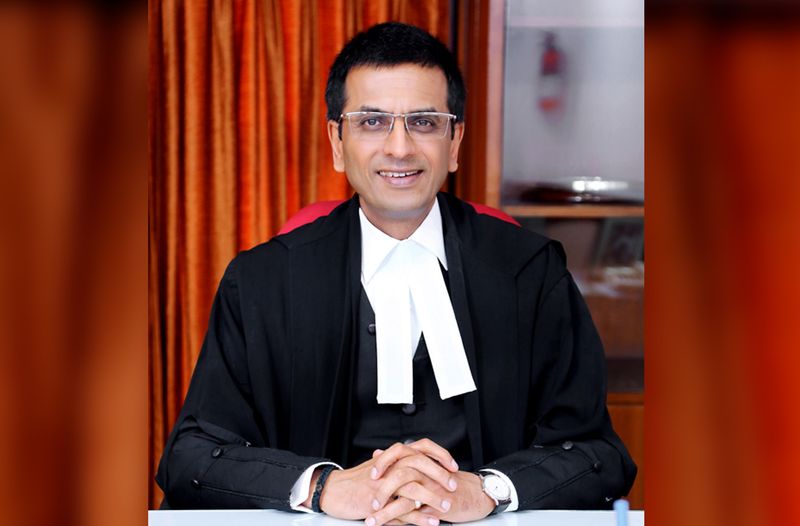
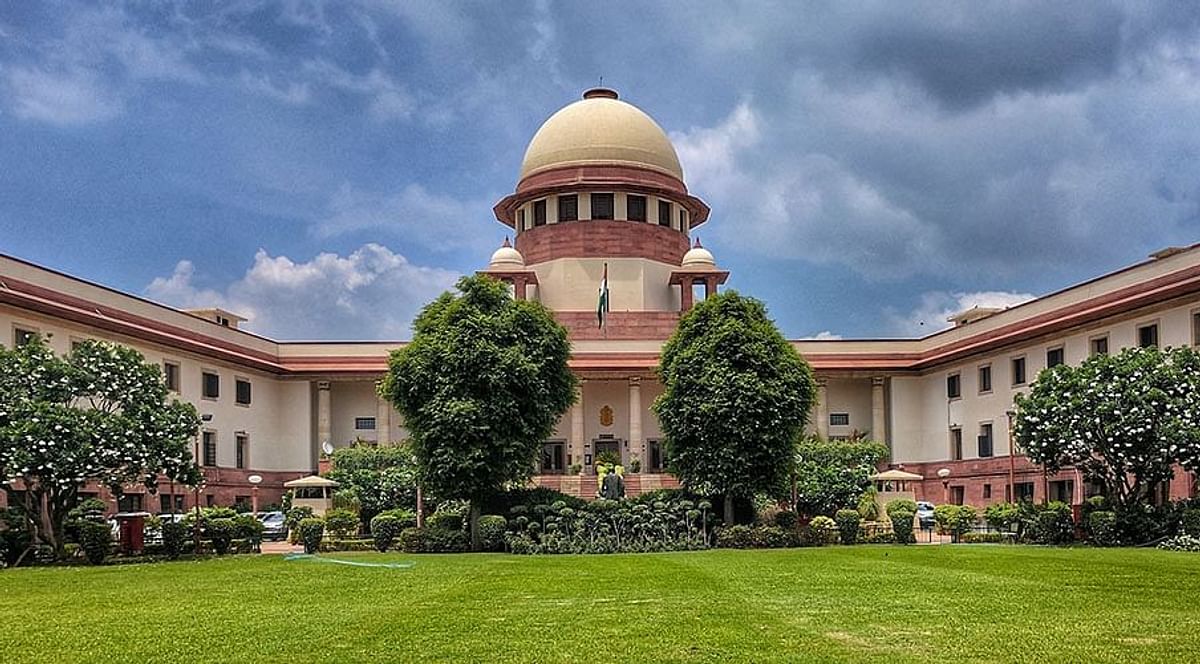
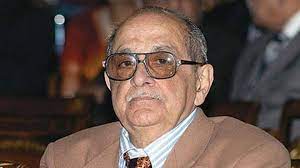
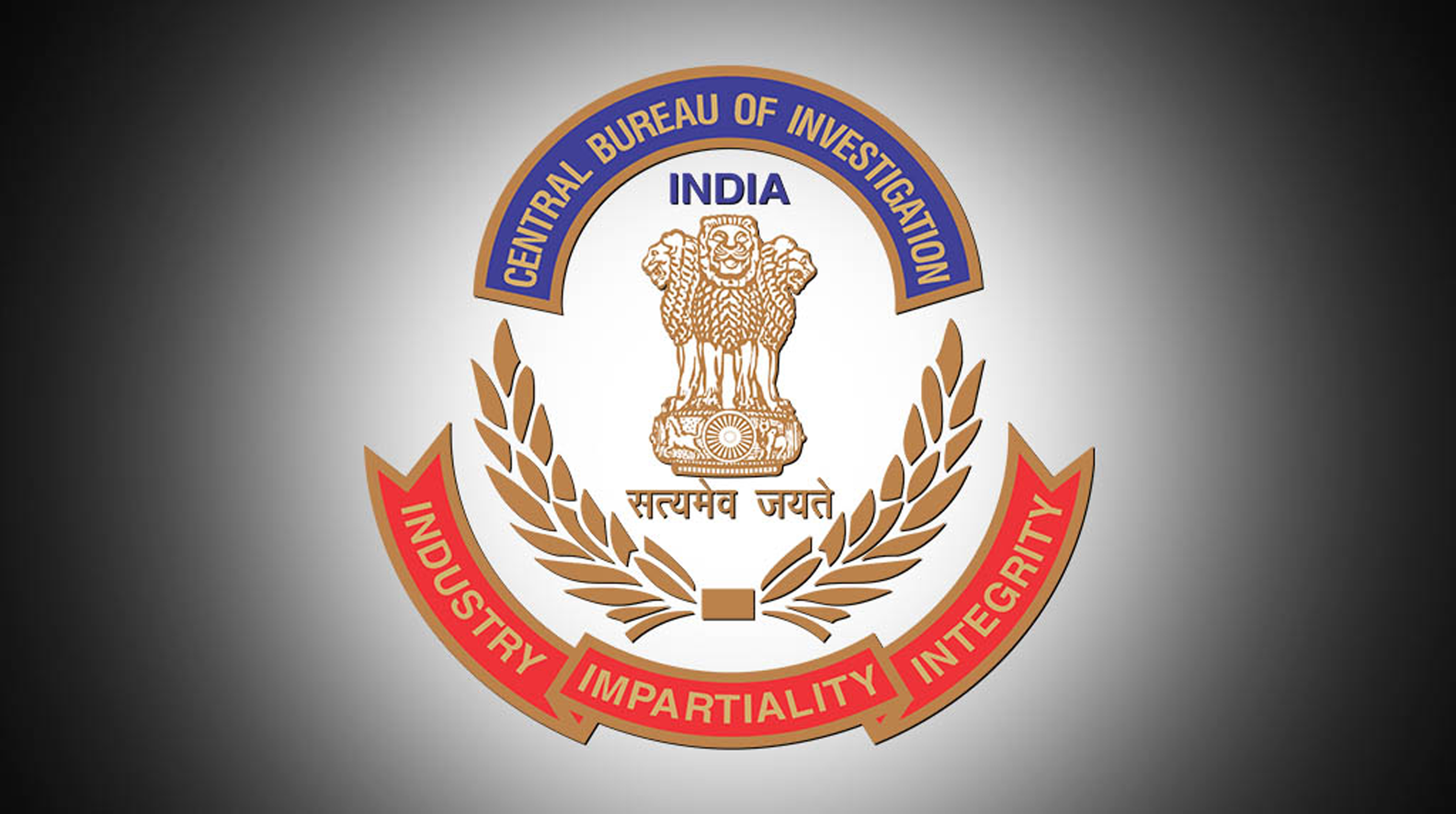
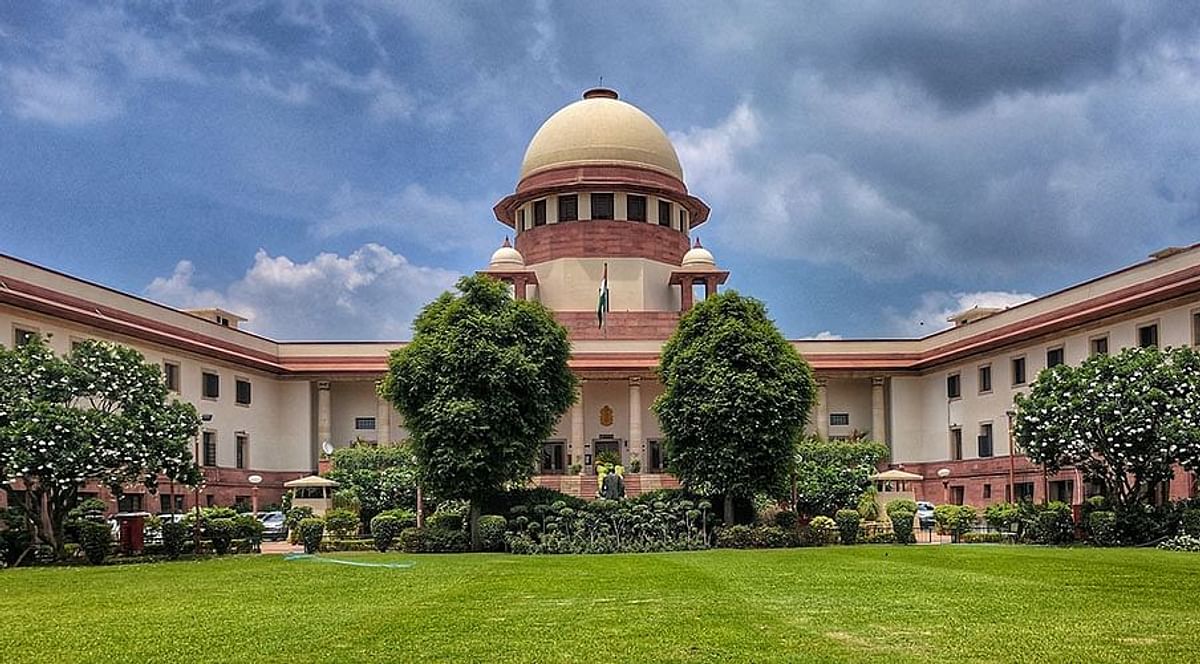
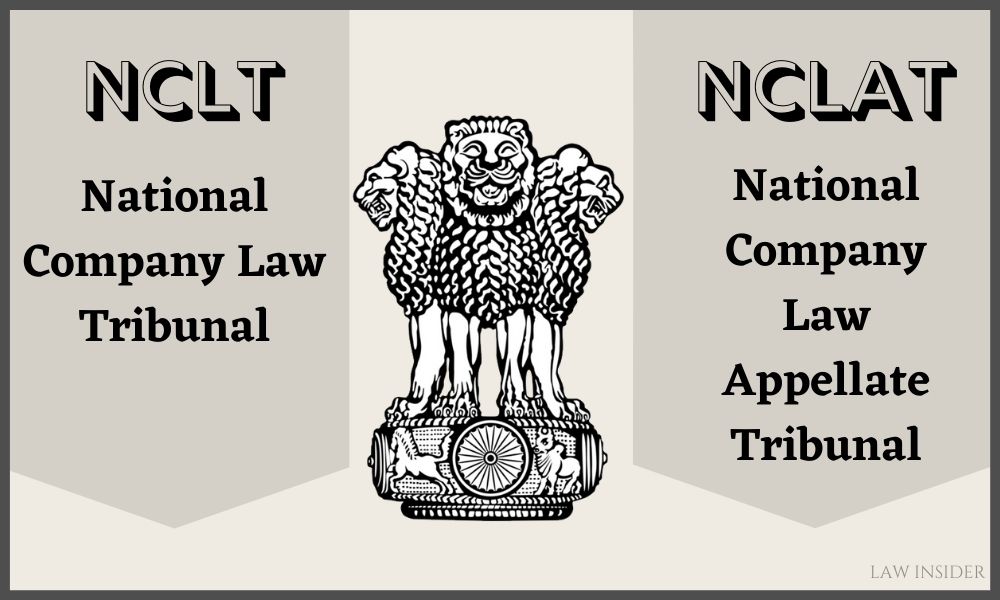
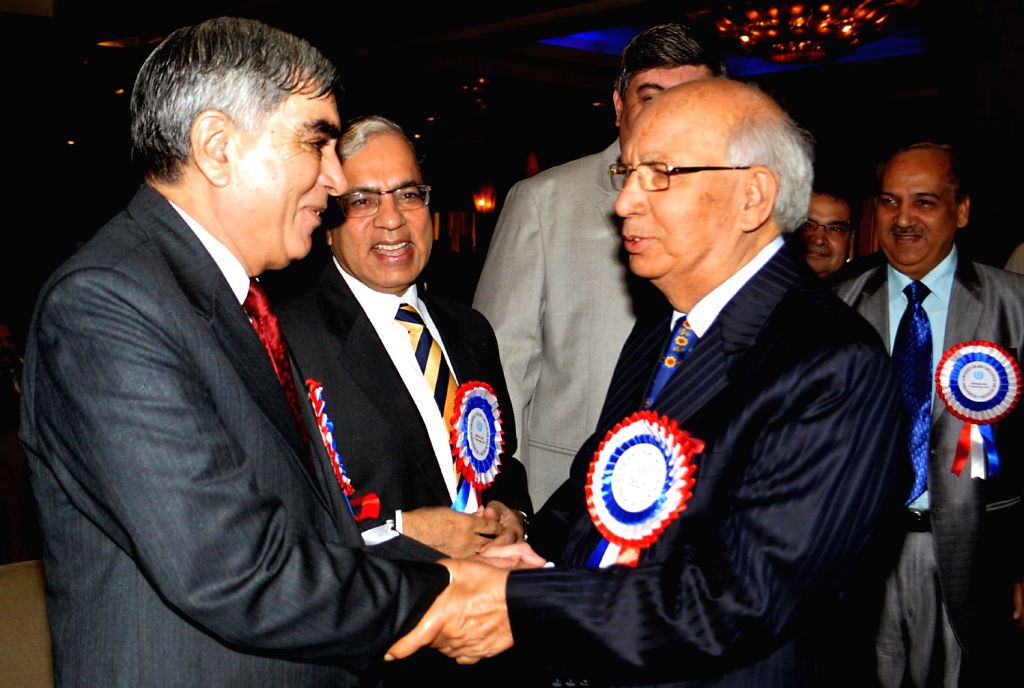






Comments (0)